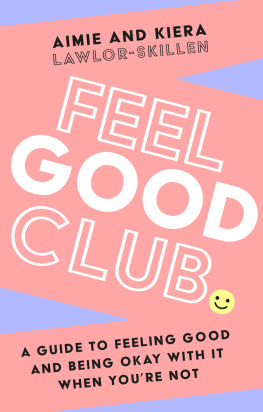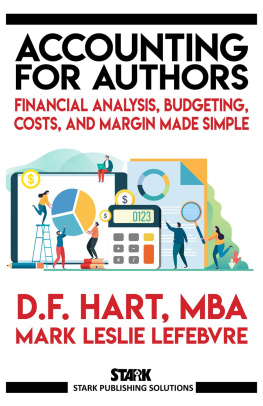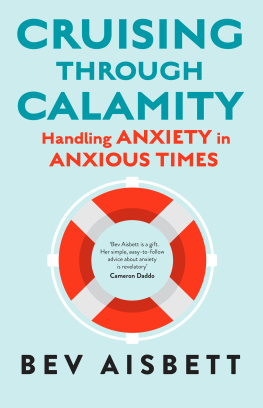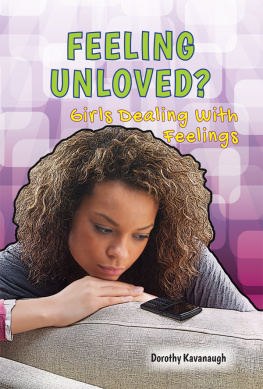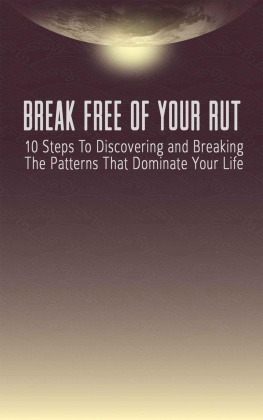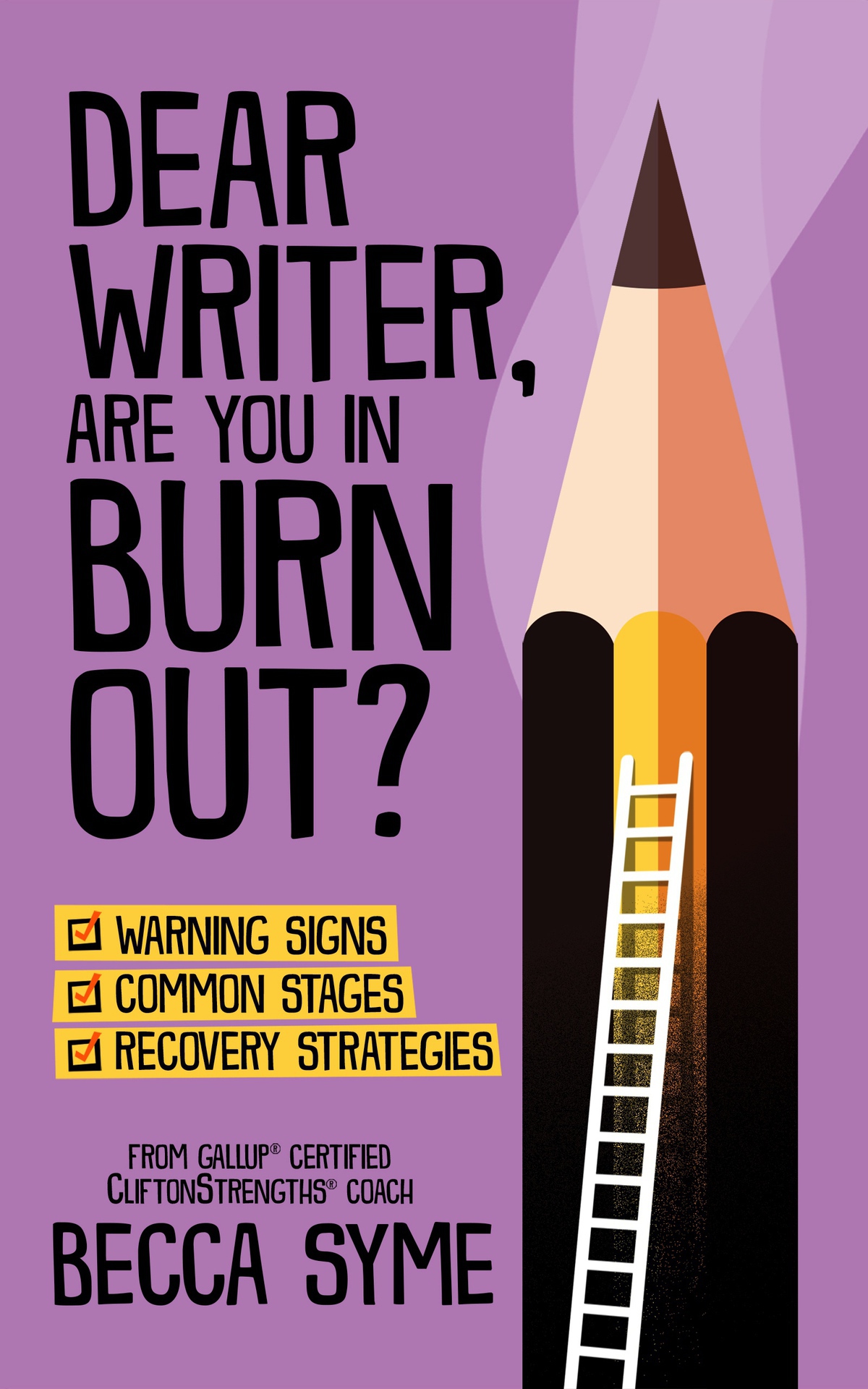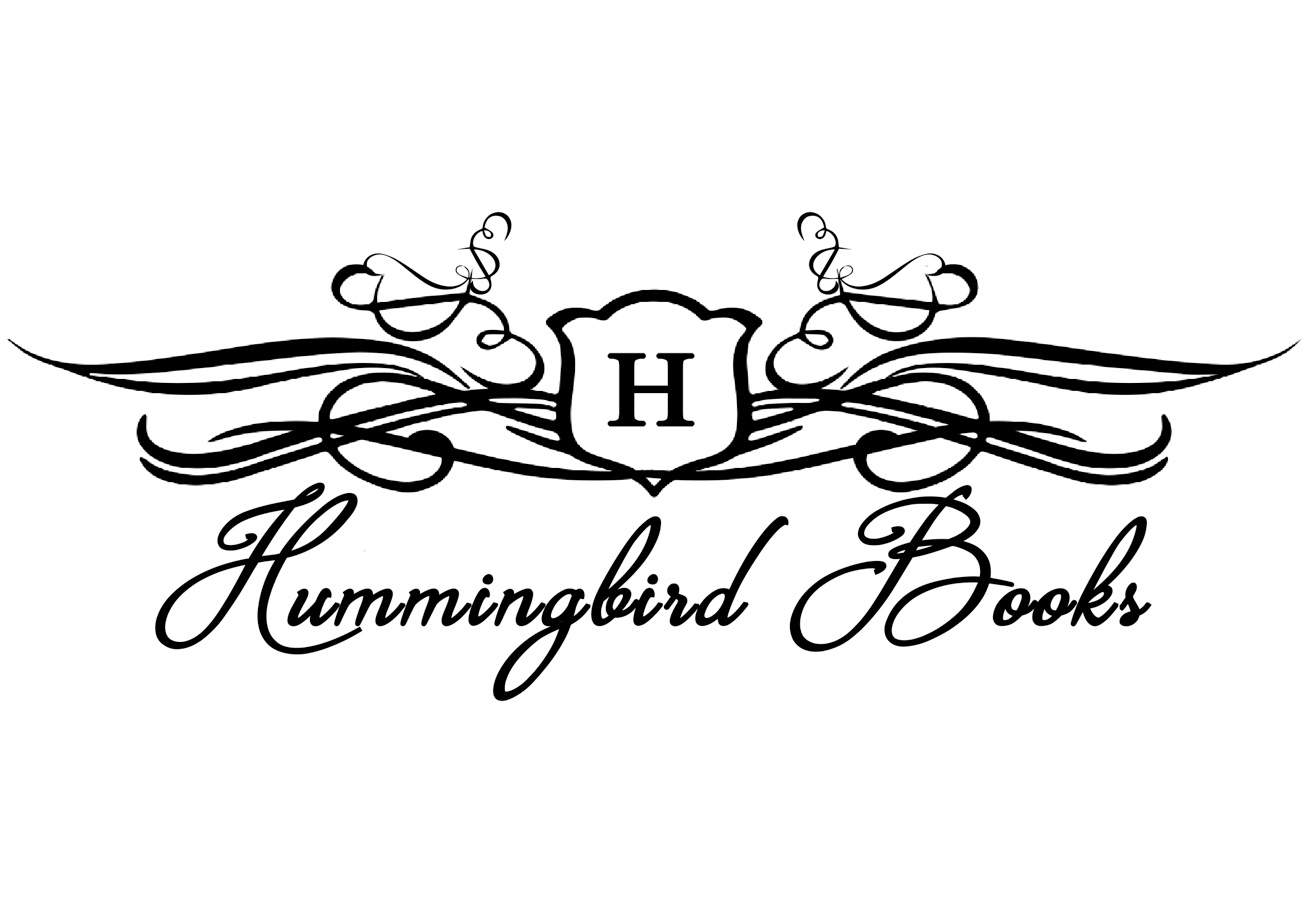Dear Writer, Are You In Burn Out?
Warning Signs, Common Stages, Recovery Strategies
Becca Syme
Copyright 2019 by Becca Syme. Published by Hummingbird Books in Bozeman, Montana.
All rights reserved.
No part of this book may be reproduced in any form or by any electronic or mechanical means, including information storage and retrieval systems, without written permission from the author, except for the use of brief quotations in a book review.
The author of this book does not dispense medical advice or prescribe the use of any technique as a form of treatment, nor is this book a diagnostic tool. This book is meant for informational/educational purposes only and is not a substitute for therapy (psychological or physical). Please consult with a licensed physician or therapist for medical advice.
In many instances, the authors named inside are meant to represent conglomerate experience, except when named for a specific case study. Client names have been changed to protect anonymity, except when specific permission has been given by the author for use of their information in print.
The trademarked terms CliftonStrengths and Strengths (along with the CliftonStrengths assessment and the themes of Strength are the property of Gallup, Inc., and use of the terms does not constitute endorsement by Gallup, Inc. or any affiliated coaches or persons. Being a Gallup-Certified CliftonStrengths Coach does not equate to employment with or endorsement by Gallup, Inc, or any of its affiliates.
Contents
Dedication
For every writer Ive ever coached who has burned out, who is in burn out right now, or sees it coming.
This is not your swan song.
There is a ladder.
Introduction
I was recently at a major national writing conference. More than 2000 writers gathered in New York City to learn about writing. I had one-on-one coaching appointments lined up for most of the conference, and one after another, I met with authors who were in burnout.
This was abnormal. Id been getting more and more clients and students coming to me because they were burned out, in active burnout, or in recovery, but it wasnt everyone. I knew it was a pattern, Id been warning everyone that this was coming, trying to preach a message of self-care and recharging. Encouraging people to stay off social media and to be with their own thoughts more.
But Id never seen anything quite like this. So I started paying attention in workshops, in the elevators, in the restaurants and coffee shops.
Everyone just seemed on edge.
Not about big picture stuffwe honestly only have so much energy to expend, personally, on worrying about big-picture stuff. No one was worried about the state of the industry. Everyone was worried about their own problems.
But it was the proliferation of individual worries that seemed to be hitting a fever pitch. Will I publish, will I sell, will I fail, will I get another contract, will I ever write another book, will my fans turn on me, will I be able to slow down. All of those conversations came up again and again.
And this isnt even mentioning all of the individual issues that seemed to be cropping up. People in crisis at home. People having a hard time, financially. People uncertain of their personal future or their familys future. This level of uncertainty has a quality. A texture in the air.
At this conference, the air was saturated with it.
People are scared.
Not for their livesnot most of them, anywaybut scared of the existential disappointment that happens when you put all of your hopes and dreams into something, and get crushed. Sure, some people were scared for their lives or their financial futures. But it was a rare person to come across who didnt have some kind of aura of anxiety around them.
There were highly introverted and empathetic writers who literally spent the entire conference in their rooms, they couldnt handle the emotion. I met with a few of them and we talked about it, just so I could be clear about what I was feeling (because Im not as empathetic or introverted as they are), and it was consistent.
Everyone is afraid of losing what they have or not getting what they want. And that fear is causing a mushroom cloud of other fears, which are leading us to make decisions that are not good for us, and for sure not good for the industry. I had already been doing a series of videos on my YouTube channel about the topic of burnout, just because there had been so many requests for it. And then, out of that came requests for even more information.
Thus, this book was born.
I hadnt planned to write a book on burnout because Ive always felt like it was such a personal process, and really needed either coaching or (in most cases) therapy to handle the issues that come up.
So, this book is not intended to be a diagnostic tool. It is not intended to take the place of medical advice, nor to give medical advice. You should not consider me to be a medical doctor or listen to me the way you would listen to a medical doctor. In fact, if you are afraid youre in burnout, stop reading this Introduction, and go see a medical doctor or a therapist.
But if you are not sure, or youre just looking for more information or solidarity, please keep turning pages. Its my hope to shed a little light on this process Ive been through and seen other people through so many times.
Its not a pretty process. I hope youll never see the inside of it. But its necessary for us, as an industry right now.
We need to understand what it looks like to burn out. And I hope that by the end of this book, youll be able to answer the question this book title asks.
Dear Writer, Are You In Burnout?
Theres a trope in old Western movies, where the love interest is tied up on the railroad tracks while an out-of-control train barrels toward her. The hero is doing his best to rescue her before the train inevitably crushes her.
Of course, he always rescues her, because its fiction, and because we all want to see love prevail over circumstances.
Im fairly certain that if youve picked up this book, youre worried about burning out, or someone you love is worried that youre burning out. So you already know the bad news: burnout is a real, live runaway train.
Typically, I start my books (and classes and talks) with the bad news, because I believe that you know the bad news already, and thats why youre here. Life sucks, get a helmet.
Youre hoping this book is the helmet.
I hope it is, too.
Ive coached thousands of authors (from six- and seven-figure earners all the way down to the newbie author, from traditional to indie to hybrid, from major award winners to the first word on the page), and I can tell you from first-hand experience, everyone knows the bad news is coming, even if its only a subconscious fear crawling up the back of your neck as you try to keep up, try to make more, try to do more.
But for now, weve had enough bad news. We need some good news. So, were going to start there.
If you are headed for burnout, you can stop it.
If you are in burnout, you can recover.
If you are through burnout, you can keep it from happening again.


